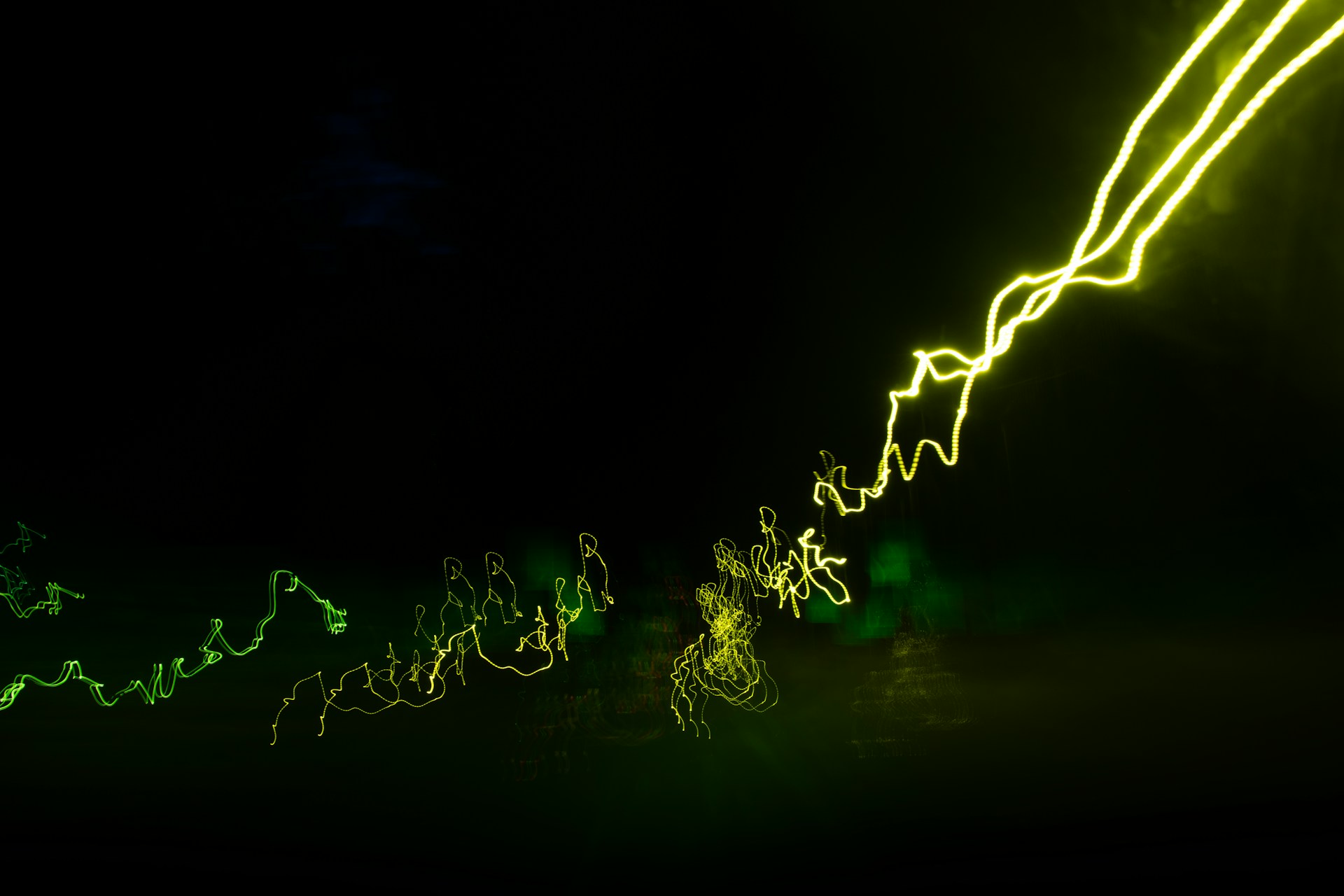Can simple changes in scientific language make science more fun? Photo credit: Annie Spratt via Unsplash
In 1675, Dutch scientist Antonie van Leeuwenhoek had been busy discovering ‘very little animals’. They seemed to be everywhere—in lakes, in seawater, even in his well! Thrilled by his discoveries, he penned a letter to the Royal Society in London. He opened with a bang; ‘In the year 1675, about mid-September…, I discovered living creatures in rainwater’. These were the first documented microorganisms. He describes in another letter how ‘the motion…was so swift, and so various upwards, downwards and round about that ‘twas wonderful to see: and I judged that some of these little creatures were above a thousand times smaller than the smallest ones I have ever yet seen upon the rind of cheese’. The whimsical musings of a gentleman scientist, and it reads rather like a Dickens novel.
Could you imagine any scientist writing like this now? Paper-based correspondence aside, a similar “letter” today would be written in the passive voice, densely packed with acronyms and painfully awkward clauses. Even reading a paper in one’s own field requires a dictionary on standby and an awful lot of patience. The phrase “I believe” is strictly reserved for reminiscing emeritus professors. While van Leeuwenhoek’s writing has been described variously as ‘throbbing and glowing’ and as an ‘untidy word avalanche’, there’s no doubt of the passion behind the pen.
Even reading a paper in one’s own field requires a dictionary on standby and an awful lot of patience.
The language of research is so detached from our day-to-day speech that many universities now offer courses in “Academic English”, typically run by the same department that offer languages such as German and Japanese. One textbook on academic writing (‘English for Academic Purposes’, R. R. Jordan) suggests we should be ‘objective’ not ‘subjective’, which seems fair enough. It goes further, however, saying that our writing should be ‘impersonal’, ‘serious’ rather than ‘conversational’, and ‘intellectual’ not ‘emotional’. Surely these needn’t be mutually exclusive.
…many universities now offer courses in “Academic English”, typically run by the same department that offer languages such as German and Japanese.
As scientists, we do of course have an absolute duty to tell the truth, and the reproducibility crisis in many fields means that the precision of language used is more important than ever. Reproducibility, however, doesn’t matter if no one wants to read our papers in the first place. Even in the perma-connected, AI-driven world of 2024, papers are still the definitive source for the latest scientific findings. So why aren’t we competing to make our papers as engaging and enjoyable as possible?
Reproducibility, however, doesn’t matter if no one wants to read our papers in the first place.
How did we get here?
Firstly, the system rewards blandness. As scientists, our success is measured by the papers we publish, and papers are only published if they are accepted. Any attempt at originality is a risky business—our best chance is to play by the book. The results might be important, but we certainly shouldn’t resort to imagery or metaphor best left to the humanities. Stick with what you know, write something boring—this appears to be the general sentiment.
Any attempt at originality is a risky business…
Further, English does have a particular penchant for words with opaque meanings. Most of our technical vocabulary comes from Latin and Greek. Take, for example, hypoglycaemia. As any classicist worth their salt will tell you, this is derived from hypo- meaning ‘low’, glyco- from glukús meaning ‘sugar’, and -emia referring to blood (as in haemoglobin). This is all very well if you live in the 17th century—or Greece for that matter—but more likely, if you know what this means, you’ve just googled it enough times to remember.
…our world has moved on, but our words have not.
This sort of vocabulary is common across many languages, especially those widely spoken in Europe, but it’s by no means universal. Take a look at Iceland’s blóðsykurskortur (‘blood sugar shortness’) or Arabic’s naqs sukur al-dam (‘decrease sugar of the blood’). Those who coined much of our technical jargon were themselves fluent in the Classics: our world has moved on, but our words have not.
It would be extremist to suggest we should ditch all our specialist vocabulary. That said, Randall Munroe’s thoroughly enjoyable book Thing Explainer is a remarkable attempt to explain concepts from smartphones (‘hand computers’) and the Large Hadron Collider (‘big tiny thing hitter’) to microwaves (‘food-heating radio box)’, only using the 1000 most common English words.
Bookshops are stacked high with popular science books, and that’s not to mention the ballooning phenomenon of the science podcast. Books written for the general public have, on occasion, become widely recognised quasi-academic texts in their own right—A Brief History of Time and The Selfish Gene, to name but two. Studies have even shown that scientists can match their artistic peers when it comes to creative writing. It’s not science’s fault that our papers are so dull—it’s ours.
Let’s take inspiration from van Leeuwenhoek and inject a little humanity back into our writing. Fiddly details tend to be relegated to methods sections or appendices in any case. A paper isn’t a legal document or an instruction manual. To quote the physicist and science writer Sean Carroll, ‘Science is not opposed to storytelling. Science is a genre of storytelling’. We need to start telling that story a little better.





